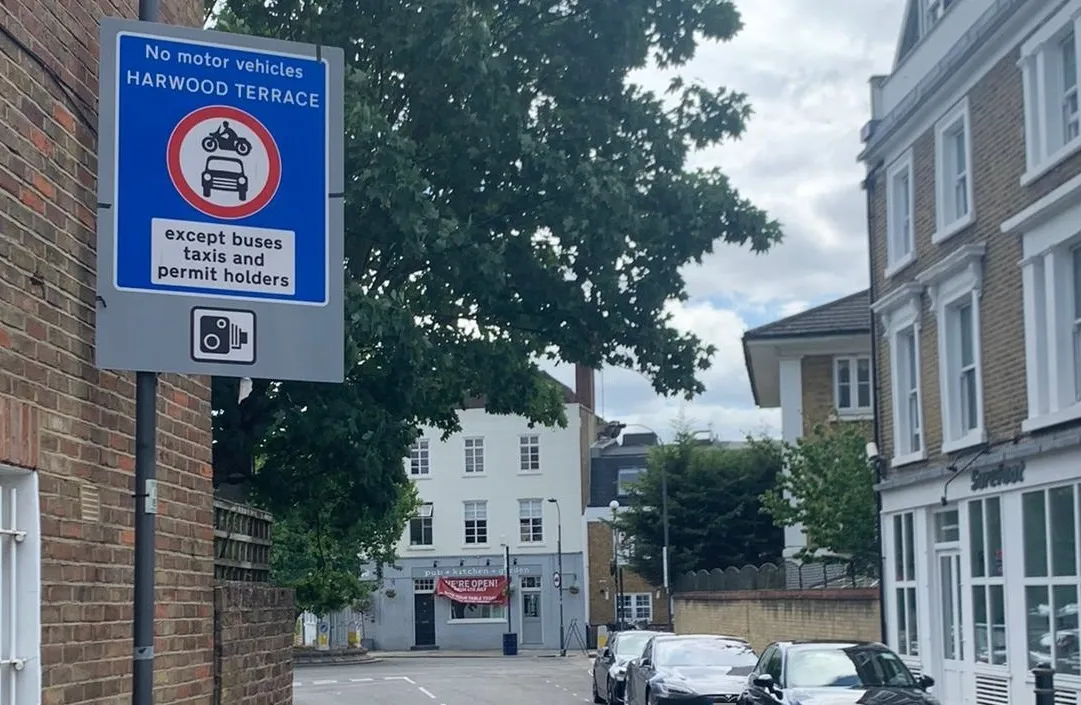The UK’s
The Department for Environment, Food and Rural Affairs (Defra) has announced that Birmingham, Leeds, Southampton, Nottingham and Derby would be required to introduce Clean Air Zones to reduce concentrations of nitrogen dioxide by 2020 at the latest.
In Birmingham and Leeds, the Clean Air Zone will cover HGVs, light goods vehicles, buses, coaches and taxis, while in Southampton, Nottingham and Derby only HGVs, buses, coaches and taxis will be included.
HGVs will need to be Euro VI or above to access the Clean Air Zones or face a charge. All ultra-low emission vehicles will be given free access, providing a much needed incentive to invest in alternatively fuelled vehicles and low carbon technologies.
FTA has expressed reservations regarding Clean Air Zones as they are relatively expensive and potentially disruptive options that deliver limited results. Providing that the timescale is sufficient, larger fleet operators should be able to comply. However there is real concern for small fleet operators whose business model may preclude them from purchasing new vehicles ahead of schedule.
For diesel vans, the Euro 6 requirement does not come into force until September 2016. Therefore a large number of operators will have substantially pre-Euro 6 van fleets in 2020 – especially those who utilise second-hand vehicles.
Rachael Dillon, FTA’s climate change policy manager, said: “FTA recognises the urgent need for the UK to meet EU air quality targets and to improve local air quality for residents. We also recognise that the freight sector must contribute. But to fail to include cars - a major source of pollutants - in such plans is baffling. We would urge Defra to rethink. If we are to meet air quality targets, surely all road transport must be covered? The Ultra-Low Emission Zone in London from 2020 will include cars.”
FTA urges government to rethink Clean air Zones
The UK’s Freight Transport Association (FTA) says exempting cars from the proposed Clean Air Zones in five English cities is a missed opportunity to significantly improve air quality and reduce carbon emissions. The Department for Environment, Food and Rural Affairs (Defra) has announced that Birmingham, Leeds, Southampton, Nottingham and Derby would be required to introduce Clean Air Zones to reduce concentrations of nitrogen dioxide by 2020 at the latest.
December 21, 2015
Read time: 2 mins








